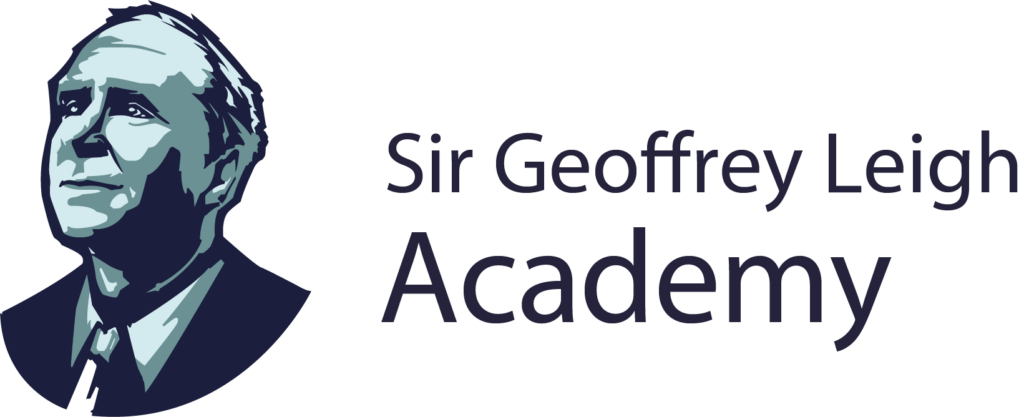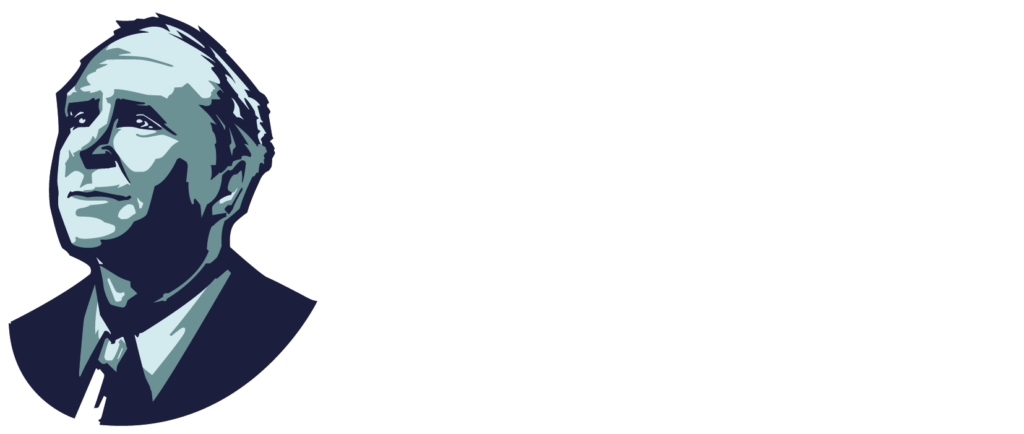DOL: Mr Walker (conroy.walker@sgla.latrust.org.uk)
Students are encouraged to use previous experiences to inform their learning in business. The subjects included in business studies aim to highlight the opportunities that exist, and to furnish students with the capacity to enjoy these opportunities. The successfully entrepreneurial business world is notoriously non-academic (although every great business leader has returned to education to capitalise on their intuitions), and the business curriculum at SGLA acknowledges diverse voices and approaches to achieving business success. We will enable all students to reach their potential by building on their existing strengths. Learners in business will feel confident to share ideas and to take risks in the safe environment of the classroom, knowing that staff and peers share their ambition of high grades and competency in business studies.
Students work towards 2 x 90min Exams at the end of year 11. The classwork undertaken by students covers 6 topics with teacher-led activities, peer work and group presentations. Digital materials via Google Classroom, Seneca, YouTube and Bitesize are used to flip learning and support classroom activities.
During the 2 year course, students explore 6 topic areas:
- Business in the real world,
- External influences,
- Business Operations,
- Human Resources,
- Marketing,
- Finance.
We will explore the wide array of organisations seen as the business world. Opening students’ minds to the variety of opportunities available to us as consumers, employees and entrepreneurs. Following a logical pathway, everyone in the business lessons will learn how to identify business ideas, use business language to explain these ideas and we will learn how to effectively assess the impact of ways of doing business on many stakeholders in businesses.
Year 10 begins with Unit 1 Business in the real world, looking at what a business is and why they exist. Students should expect a preliminary discussion in class, followed by vocabulary and key ideas outlined by their teacher. In small groups, year 10 students will then investigate and discuss a case study (printed, video or online), applying themes from the course to a real situation. Following this, we would ensure any visuals or key advantages and disadvantages are noted and understood. Students will then attempt an exam style question focused on only what they have explored in that lesson.
Subsequent lessons will introduce new subject areas, following this same pattern, alongside exam practice questions, quick questions and online tools used to check comprehension and students ability to apply the right key terms / concepts to appropriate situations.
At the end of each topic students sit a 30 minute test on what we have covered, and then once per module a more substantial test is carried out, finally at the end of year 10 all students will sit a full Mock exam of Paper One content.
Students work towards 2 x 90 min Exams at the end of year 11. The classwork undertaken by students covers 6 topics with teacher-led activities, peer work and group presentations. Digital materials via Google Classroom, Seneca, YouTube and Bitesize are used to flip learning and support classroom activities.
During year 10, students explore 4 of the 6 topic areas:
- Business in the real world
- External influences
- Business Operations
- Human Resources
Exam style questions are introduced early in the programme and we focus on developing students’ ability to apply, analyse and justify through different topic areas. This is worked through in a repetitive framework – thereby increasing confidence towards exam time.
Schedule of learning
Please see AQA website for more details of the topics covered through Year 10:
- Unit 1 Business in the real world – why and how businesses operate, setting up, location, costs versus profits, securing capital achieving and growth.
- Unit 2 External influences – laws, economic and social factors that affect business.
- Unit 4 Human resources – staffing needs, organisational structures and motivation theory.
- Unit 3 Business operations – methods of production, distribution and quality management.
During year 10, students will participate in the 10X challenge, working in groups to provide a good or service for profit.



